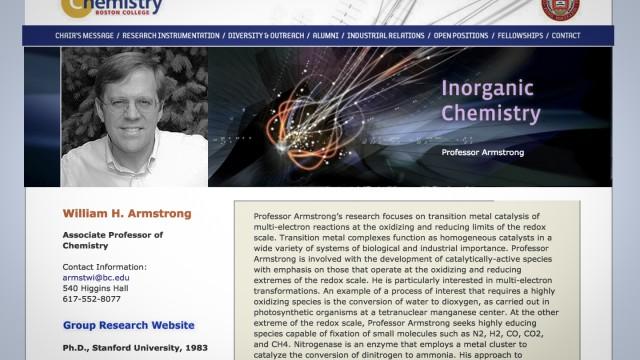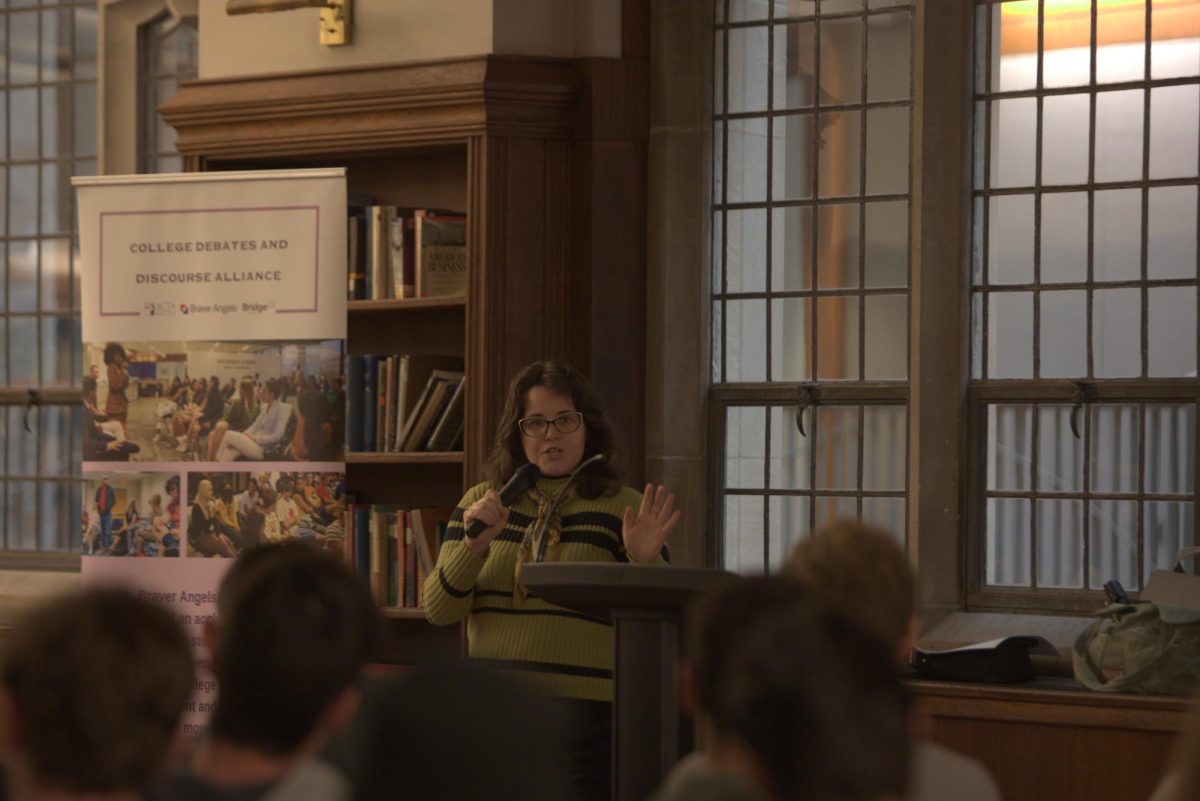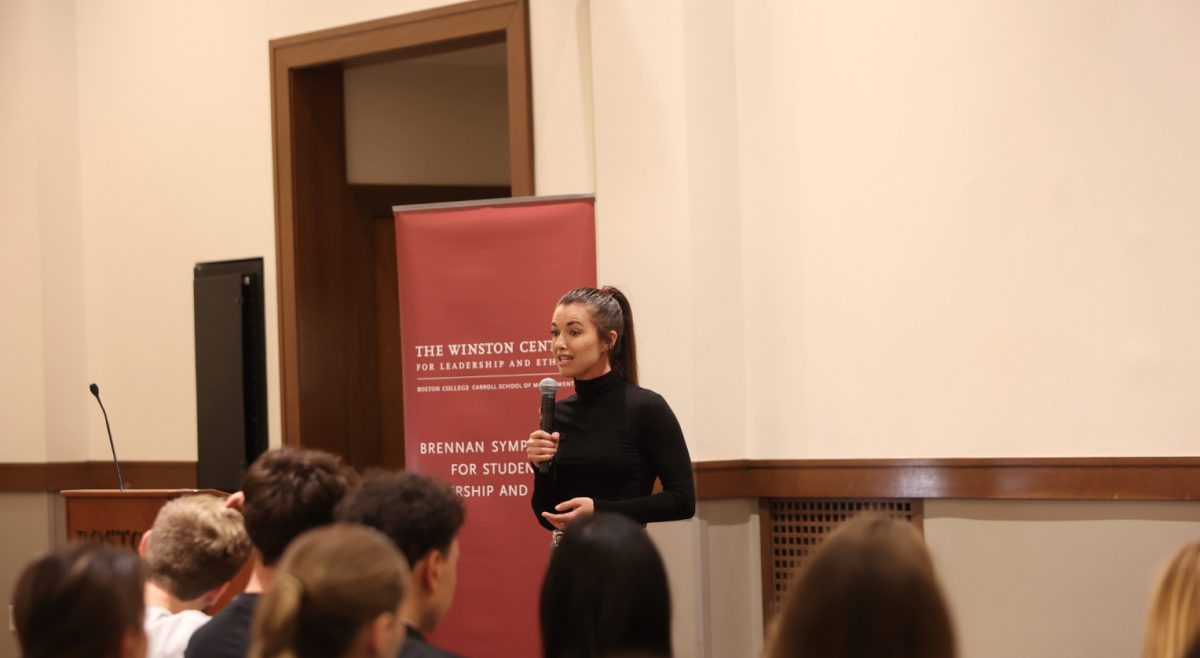Updated July 20, 9:34 a.m.:In a decision made this month, Boston College was found to have unlawfully retaliated against chemistry professor William Armstrong following a mental health-related leave of absence he took in the 2002-2003 school year. The University has been ordered to pay Armstrong $125,000, plus interest, in “emotional distress damages.” The University must also pay Armstrong back wages, with 12 percent interest. In addition, BC has been ordered to cease and desist all acts of retaliation. Alan Rose, the attorney representing BC, has stated that the University plans to appeal the charge, according to University spokesperson Jack Dunn.
In 2002, Armstrong—who was diagnosed with bipolar disorder in 2001—was ordered to take a yearlong leave of absence, during which he was to undertake psychiatric treatment, psychological tests, and a medical evaluation.
A hearing officer at the Massachusetts Commission Against Discrimination (MCAD) ruled that the University’s actions against Armstrong following his return to campus after his leave of absence were unlawful and that the actions served to isolate Armstrong from the department. Actions included barring Armstrong from department meetings and the removal of his office and laboratory from Merkert, where the chemistry department is housed. The initial complaint was filed in April 2007.
In 2002, Armstrong—who was diagnosed with bipolar disorder in 2001—was ordered to take a yearlong leave of absence, during which he was to undertake psychiatric treatment, psychological tests, and a medical evaluation. Upon the completion of these conditions, Armstrong could come back to campus. He would then have a one-year period where he would have a lessened course load, be unable to attend department meetings, and have an office outside of Merkert. At the end of the 2003-2004 school year, after Armstrong had been back for a year, he unsuccessfully attempted to move back into Merkert and attend meetings. These attempts were met with hostility from the department, including one member walking out of a meeting that Armstrong had attempted to attend. Hearing officer Betty Waxman wrote in her decision:
The actions listed above were highly irregular, hostile, and isolating. They establish that while Respondent was prepared to continue paying Complainant a salary and permit him to teach an introductory Chemistry course,the Chemistry Department would not tolerate Complainant’s efforts to resume functioning as member of the Chemistry faculty.
Armstrong was ordered to take a leave of absence because, beginning in 1997, his mental illness had affected his work as a professor. According to the decision, he became severely depressed and started to drink heavily. During the 1999-2000 school year, he was unable to complete two of his courses. Additionally, students complained in the spring of 2002 that classes of his during the fall of 2001 had been canceled, exams had been postponed, and the class itself was disorganized and unclear.
In February 2002, Armstrong initially retaliated against the chemistry department by sending out emails to a prospective factually member under a fake name. In the emails, he referred to another professor in the department, calling him “ruthless, vicious, manipulative, intimidating, vindictive, deceptive, subversive, mean-spirited, insincere, two-faced, hot-headed, excessively self-promoting, predatory, an extreme aggressor, scientifically narrow-minded, derogatory, polarizing, intrusive, obnoxious, overbearing, over-controlling, power-hungry, resource-plundering, underhanded, dictatorial, vitriolic, conniving, profane, Machiavellian, and disruptive.” He also sent out emails under a fake name to members of the chemistry department at Yale University and University of Michigan, alleging that the other professor was using smear tactics.
“There can be no doubt that Complainant’s anonymous e-mails constituted grossly inappropriate behavior, were outrageous in content, and were cowardly in their method of transmission,” Waxman wrote. “Faculty members had every right to be offended by and to seek to distance themselves from Complainant.”
However, because the department opted to take a redemptive rather than punitive approach to Armstrong’s struggle with mental illness, the chemistry department’s inability to reintegrate Armstrong constitutes retaliation, according to the ruling. Thus, the chemistry faculty were punishing Armstrong for completing the conditions of his leave, the decision said.













